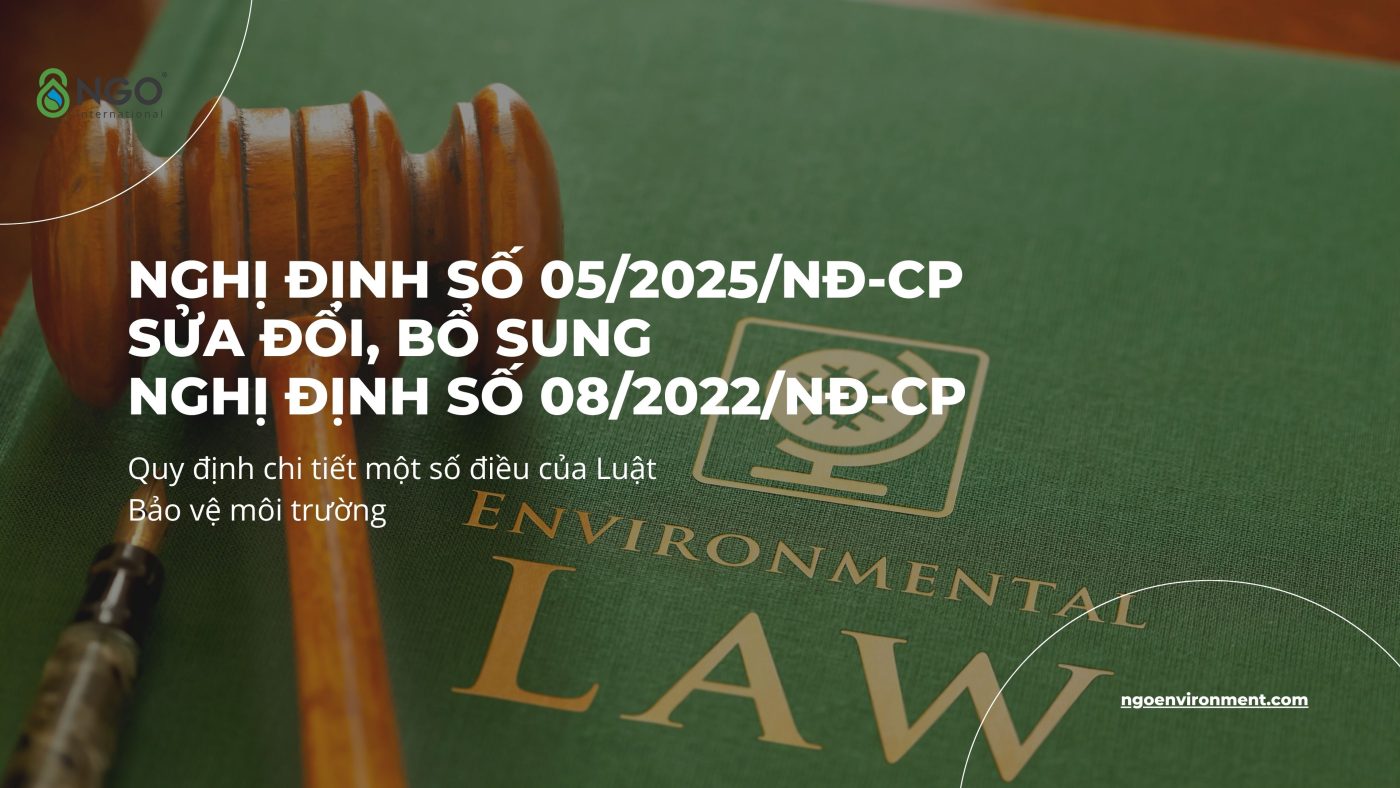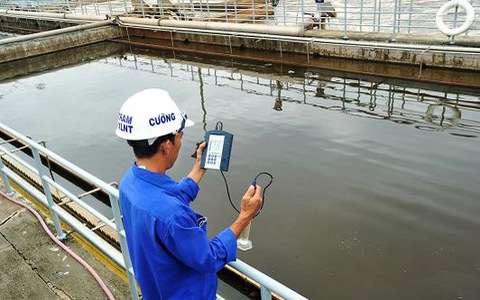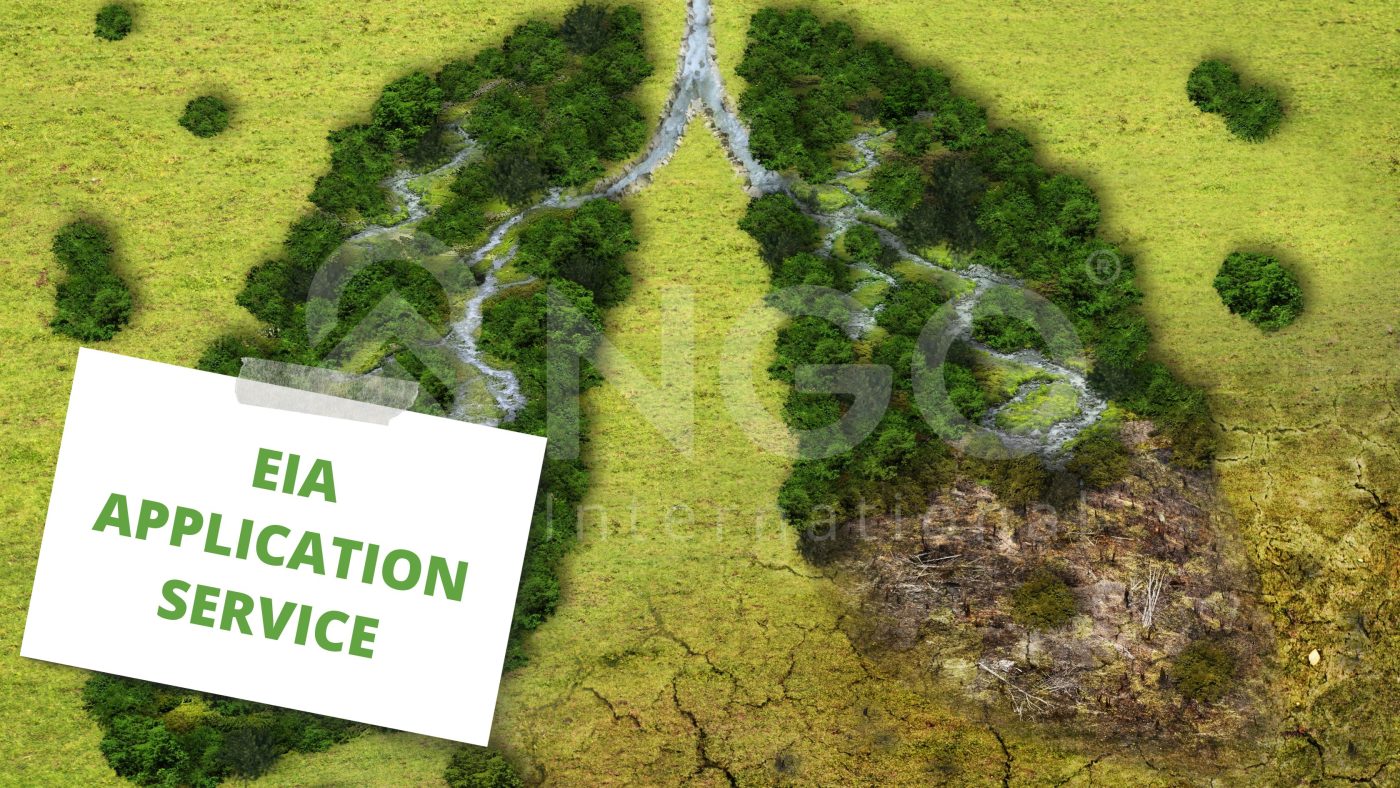Environmental registration is a crucial procedure related to investment projects, production, business, and service activities. So, who needs to perform this? What is the process? Let’s explore the following information with NGO!
1. Who is required to register for environmental registration?
According to Article 49 of the 2020 Environmental Protection Law, the entities required to perform environmental registration include:
- Investment projects that generate waste but are not subject to an environmental permit;
- Production, business, and service facilities operating before the effective date of this Law that generate waste but are not subject to an environmental permit.
Entities exempt from environmental registration include:
- Investment projects or facilities related to state secrets concerning national defense and security;
- Investment projects that, when operational, and production, business, and service facilities that do not generate waste or only generate a small amount of waste, which is treated on-site or managed under local government regulations;
- Other specified entities.
2. Content of environmental registration
Based on Clause 4, Article 49 of the 2020 Environmental Protection Law, the content of environmental registration includes:
- General information about the investment project or facility;
- Type of production, business, service activities; technology, capacity, products; raw materials, fuel, chemicals used (if any);
- Type and volume of waste generated;
- Waste collection, management, and treatment plans as per legal regulations;
- Commitment to implementing environmental protection measures.
During operations, if an investment project or facility undergoes changes in registered content, the project owner or facility must re-register for environmental registration before implementing those changes.
If the changes involve requiring environmental impact assessments or environmental permits, the project owner or facility must comply with the requirements of environmental impact assessments and environmental permits as per Article 49 of the 2020 Environmental Protection Law.
The content of environmental registration is performed according to Form No. 47 in Appendix II, Circular 02/2022/TT-BTNMT.
3. Authorities responsible for receiving environmental registration
According to Clause 7, Article 49 of the 2020 Environmental Protection Law, the authority responsible for receiving and issuing environmental registration is the commune-level People’s Committee, specifically:
The commune-level People’s Committee is responsible for:
a) Receiving environmental registrations;
b) Inspecting and addressing violations of environmental protection laws by organizations and individuals registering for environmental registration as per legal provisions;
c) Guiding and resolving environmental protection concerns related to the registered content of organizations and individuals;
d) Updating environmental registration data into the national environmental information and database system.
Note: For investment projects or facilities spanning two or more commune-level administrative units, the project owner or facility may choose the commune-level People’s Committee for environmental registration. (Clause 3, Article 49, Environmental Protection Law)
Businesses in need of consulting and completing the environmental registration procedures are invited to contact NGO via hotline 0969 867 924 or 0969 867 925 for assistance.
Source: Compiled by NGO

 Tiếng Việt
Tiếng Việt





